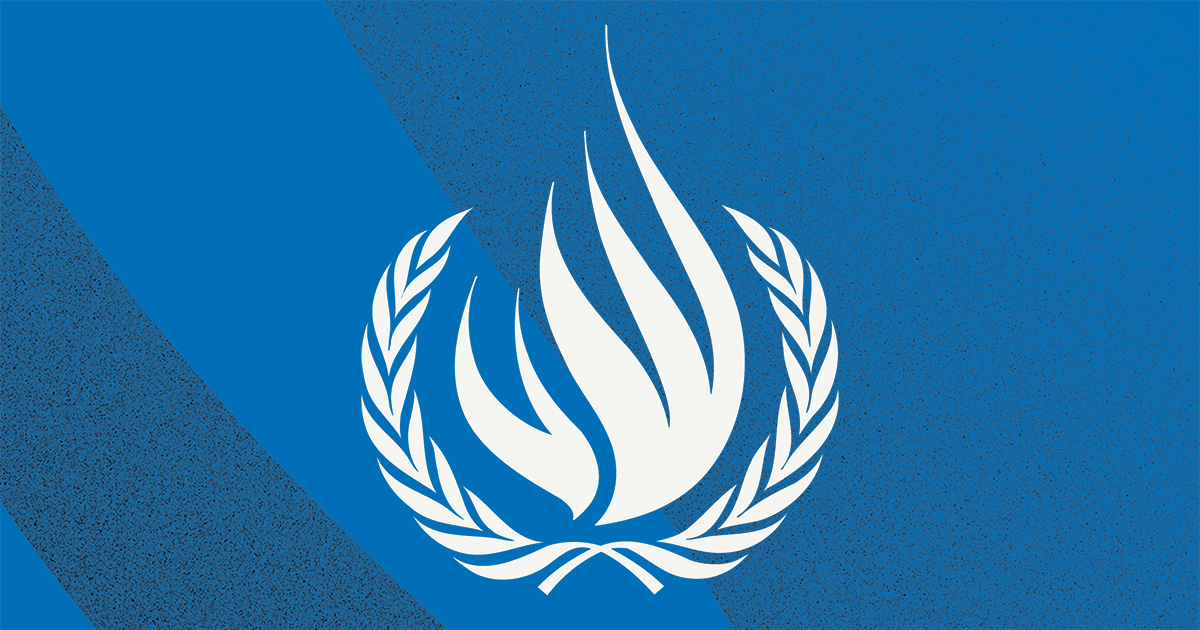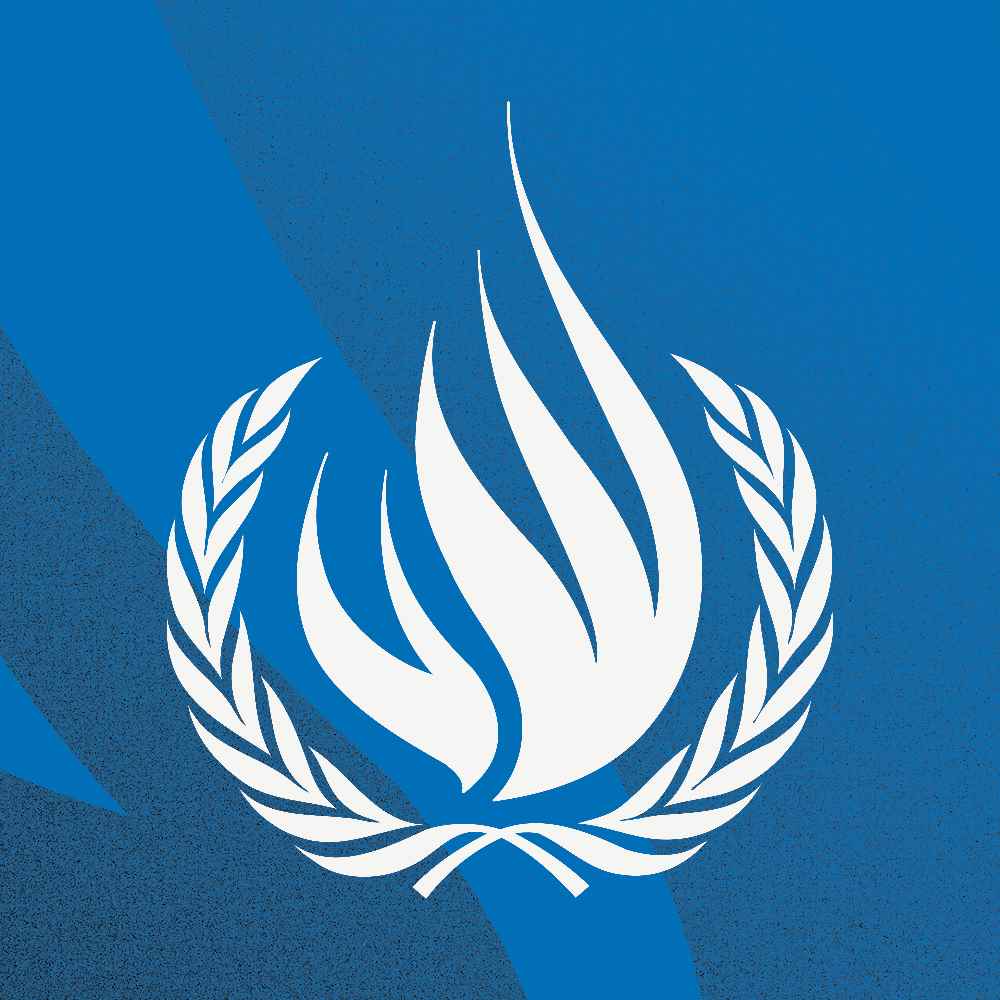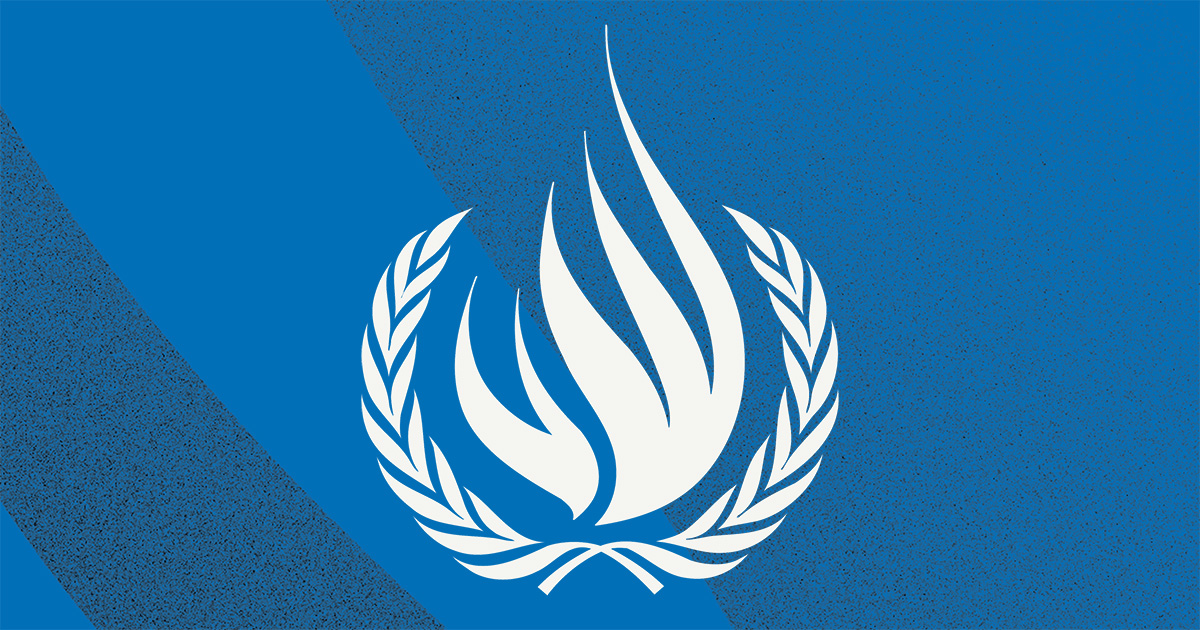
GENEVA (29 July 2022) – The UN Committee against Torture on Friday issued findings on Botswana, Nicaragua, the State of Palestine and the United Arab Emirates after reviewing the four States parties during its latest session.
The findings contain positive aspects of each country"s implementation of the Convention against Torture and Other Cruel, Inhuman or Degrading Treatment or Punishment, as well as the Committee"s main concerns and recommendations. Key highlights include:
Botswana
The Committee expressed urgent concern that death sentences had been carried out without providing advance notice to the individuals on death row or their families. It was also gravely concerned that hangings were used in executions and that the bodies of those executed were not handed over to their relatives for burial. The Committee urged Botswana to commute all death sentences and to establish a moratorium on the death penalty, with a view to abolishing it, while ensuring that detention conditions for condemned prisoners do not constitute cruel, inhuman or degrading treatment.
The Committee was concerned that Botswana had yet to define torture as a specific offence. It called on the State party to establish a definition of torture in its national law that is in line with the Convention, and to ensure absolute and non-derogable prohibition of torture.
Nicaragua*
Concerned about the use of lethal force, arbitrary detentions, acts of torture and ill-treatment as well as enforced disappearances by the National Police, plainclothes agents and other actors during protests in 2018 and during electoral process in 2021, the Committee urged Nicaragua to carry out prompt and independent investigations into these acts and provide appropriate redress to victims. It also requested that Nicaragua guarantee legal safeguards for all detainees, take necessary measures to prevent repression and violence against human rights defenders, journalists and political opposition leaders, and release those arbitrarily detained.
With regard to the severe conditions of detention in penitentiaries and judicial complexes, including the situation of women, the Committee asked Nicaragua to guarantee that conditions of detention fully comply with United Nations standards, notably the Nelson Mandela Rules and Bangkok Rules, ensuring adequate medical care for people deprived of their liberty.
State of Palestine
The Committee was seriously concerned about the causalities caused by the excessive use of force, particularly the use of lethal weapons by security forces and unidentified armed elements during demonstrations on the postponement of national elections in April 2021 and about Nizar Banat’s death in custody in June 2021. It requested that the State of Palestine effectively investigate all allegations relating to the excessive use of force and ensure that all perpetrators are prosecuted and victims are fully compensated. It also recommended that the State party guarantee that all officers can be effectively identified at all times to ensure individual accountability.
Regarding consistent reports that people in custody in facilities run by security forces and intelligence services in both the West Bank and the Gaza Strip are tortured or ill-treated, particularly during the investigation stage of proceedings, the Committee urged the State party to conduct prompt and effective investigations into complaints involving public officials. It also asked the State party to prosecute torturers and punish them with appropriate penalties.
United Arab Emirates
Concerning the involvement of the United Arab Emirates in the conflict in Yemen and its anti-terrorism efforts, the Committee expressed concerns over allegations of torture and ill-treatment by the State party’s regular armed forces, state security agencies, and related non-state armed groups. The Committee placed a special onus on the investigation and prosecution of offences of torture and ill-treatment in these situations, and called for a viable pathway for victims to seek justice, redress and rehabilitation.
The Committee was also concerned about the continued practice of female genital mutilation in the UAE and the lack of legislation criminalizing it. It called upon the State party to strengthen its efforts to stamp out gender-based violence and harmful practices by introducing new legislation and awareness-raising campaigns.
The above findings, officially named Concluding Observations, are now available online on the session page.
The Committee will hold its next session from 31 October to 25 November to review Australia, Chad, El Salvador, Malawi, Somalia and Uganda.
*The Committee regretted the Nicaraguan authorities’ explicit refusal to submit written replies to the list of issues raised by the Committee in December 2020 and the absence of the State party"s delegation during the current July session. Nevertheless, the Committee proceeded with its examination of Nicaragua and adopted provisional findings, which have been sent to the State party for comments. The Committee will adopt the final version of its findings at its next session.
For more information and media requests in Geneva, please contact:
Vivian Kwok at +41 (0) 22 917 9362 / vivian.kwok@un.org or the UN Human Rights Office Media Section at +41 (0) 22 928 9855 / ohchr-media@un.org
Background
The Committee against Torture monitors States parties’ adherence to the Convention against Torture and Other Cruel, Inhuman or Degrading Treatment or Punishment, which to date has 173 State parties. The Committee comprises 10 members who are independent human rights experts drawn from around the world, who serve in their personal capacity and not as representatives of States parties. The Committee’s concluding observations are an independent assessment of States’ compliance with their human rights obligations under the treaty.
Learn more with our videos on the Treaty Bodies system and the Committee against Torture!
Follow the UN Treaty Bodies on social media!
We are on Twitter @UNTreatyBodies







